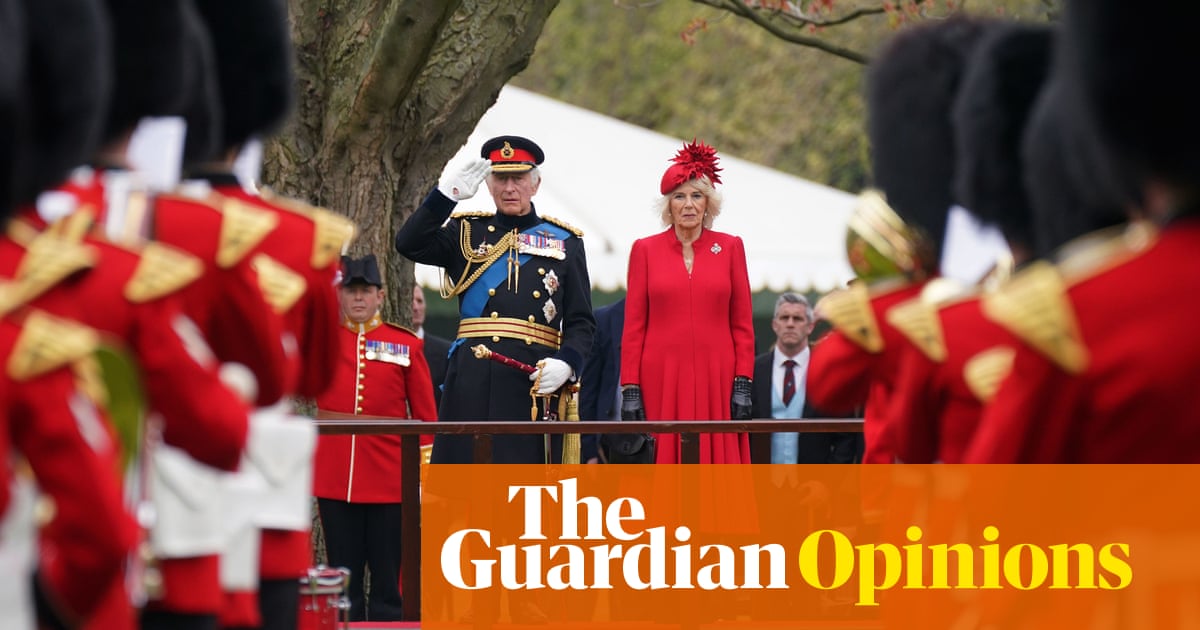
Why are so many people – from the footballer Tyrone Mings to the anti-racist campaigner Shaista Aziz to the cricket fan (don’t mention the Conservative leadership) John Major – so much more visible, straightforward and effective in opposing the government than the actual opposition? It’s possibly because they don’t have a Loto, or a leader of the opposition’s office.
The Labour leader, Keir Starmer, has been out meeting people at a listening event in Blackpool, where he’s promised to “sweat blood” to win over voters. Yet his problems may be closer to home.
Starmer’s office is currently in flux. Morgan McSweeney, Jenny Chapman and Ben Nunn – chief of staff, political director and head of comms – have all left, Chapman for the House of Lords. Deborah Mattinson started last week as a strategist; Luke Sullivan, late of the whip’s office, takes over from Chapman.
These changes raise two irresistible questions. The first is about focus groups, since Mattinson, as founder of Britain Thinks, is considered their champion. How revealing are they, and what does it do to a party when it’s led by them, or perceived to be?
This has been a fissure in the Labour party since the 90s dominance of Philip Gould – for so long that the row has become marital in tempo, conducted in shorthands and huffs, rife with misunderstandings, not all of them deliberate.
Mattinson, also the author of Beyond the Red Wall, is close enough to the focus-group format to know what its limitations are. She is no slave to the fallacy of a block of immovable public opinion, and has always emphasised the one through-line all groups say: that Labour won’t start to succeed until it differentiates itself from the Conservatives. This is like focus group jiu-jitsu: “You want to know what we think? We won’t really know what to think until you tell us what you think.”
Certainly, the dispiriting sense of the past few months, that Labour strategy was to be slightly to the left of the Tories, leaving space for racists to still support them because the “red wall” had spoken, is not the inevitable consequence of conducting swing-voter fieldwork.
Yet the concept remains problematic. The dominant driver in an interaction between strangers is that nobody wants to look stupid, so very high levels of consensus emerge quite quickly, whether that’s in a boardroom or a vox pop. Once recorded, any residual texture or difference is flattened out by the commentary; subsequent focus groups are then informed by the knowledge of what a “generally held” opinion looks like.
Specific to the Labour party is a vicious circle, vividly illustrated at Starmer’s Blackpool event: when the party isn’t making bold statements that get traction, people have to reach quite far back into the larder to find something not-stupid to say about them. So voters were bringing up Gordon Brown’s gaffe with Gillian Duffy from 2010, and saying the word they most associated with Labour was “debt”. This creates the impression that Labour has over a decade’s worth of bad blood to wash away, which fosters ever greater caution on the issues they should be strongest on, such as antiracism and a radical approach to public finances.
Focus groups are at their best when everyone acknowledges that it’s not a questionnaire, it’s a co-creation, and everyone explicitly brings something to the discussion. Message testing – “I’ll give you my line, you tell me what you think of it” – is one example. Another is the citizen’s jury: “tell me what you think, let me try and change your mind”.
They’re at their worst when the researchers style themselves as completely impartial. It’s not that the process produces bad opinions; rather, that it creates the illusion of very strong, concordant views that, parlayed into a political strategy, quickly become ridiculous.
The best example of recent times is when focus groups repeatedly said they didn’t want to see Covid “politicised”. Particularly at the height of each wave, they responded viscerally against any suggestion that one politician might gain advantage over another, using human tragedy. A mood of restraint fell over the opposition.
This sounds reasonable, mature and compassionate, but only if we understand politics as something tawdry. If a politician said: “I will fight for a country where your health isn’t hanging by the thread of your income and race”; “I will fight so that the heroes of the pandemic are treated as heroes, and paid as heroes”; “I will fight corruption and callousness”; all those statements would have been political, but nobody outside the government would have cried politicisation!.
The second question is about Loto itself: how as an entity it came to be seen as something so defining of the party’s stance, yet also so remote, so bunkerish, so removed from the rough and tumble of the parliamentary party and unhitched from the slower gears of the party apparatus.
None of the complaints about Loto originated with Starmer’s recently departed team. Corbyn’s office was at constant war with the rest of the party; built few bridges outside it, particularly after the referendum; was full of people appointed in one another’s image; and, true of every Loto since the institution began informally under Blair, became more unresponsive and paranoid the worse things were going.
“It’s always a bit remote,” one former staffer told me. “You can’t have Billy Backbencher wandering around the office when things are going wrong.” This becomes something like a self-chosen siege, though, when things are going wrong all the time.
At its heart, this is not about the individuals of any Loto; nor about teams of individuals, even when they’re all white men thumping on about diversity everywhere except their own office. Oppositions come alive when there is a constant stream of ideas flowing in from everywhere: from MPs, from academics; from trades unions and their regional branches; from community organisers and third-sector campaigners (all these people, incidentally, would be kicked out of a focus group for being too partisan).
Not only must ideas flow in; every interaction has to be gold. It has to turn that person into a warrior for the opposition’s cause. This is the only thing that everyone agrees Blair was good at, pre-1997, and the only thing no Labour opposition leader since has been able to replicate. Without it, the best organised focus group on earth will always be calling into the same void: “What do we think? We won’t know until you tell us what you think.”
Zoe Williams is a Guardian columnist












